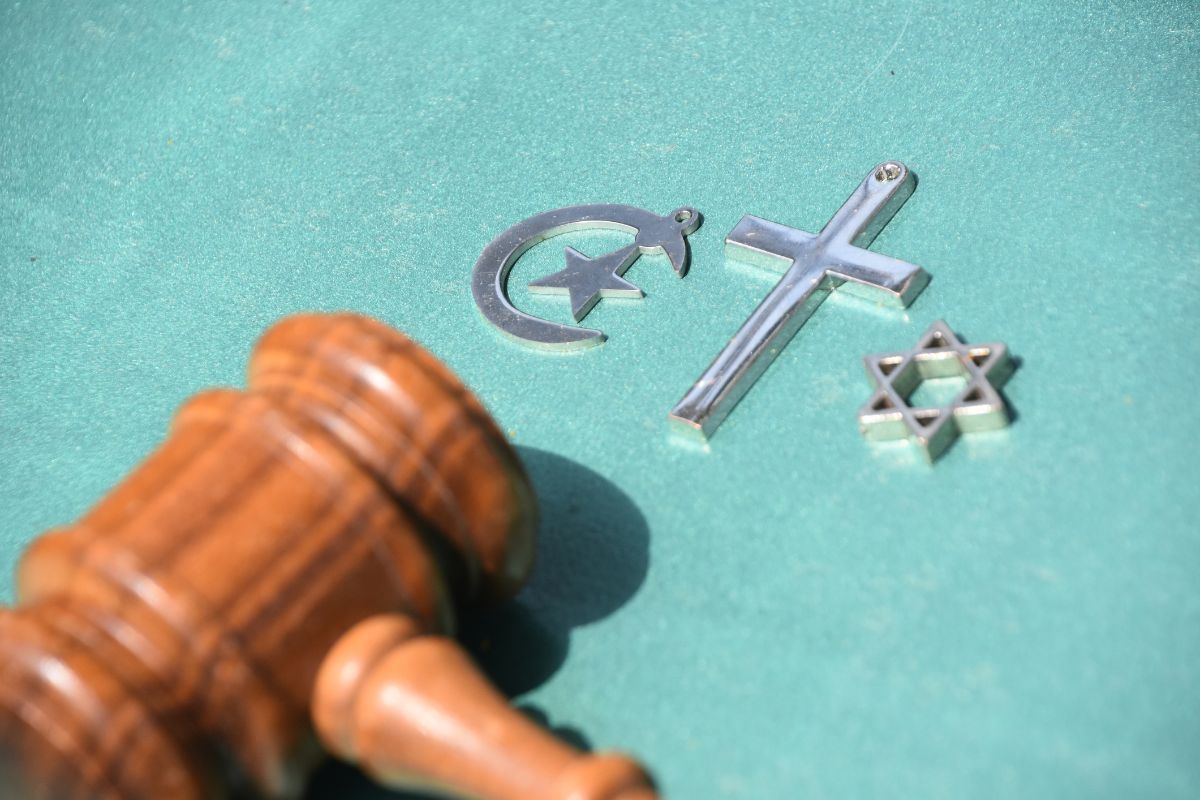Apache Stronghold v. the U.S., a decision from the U.S. District Court of Arizona involving the Religious Freedom Restoration Act (RFRA), is currently on appeal before the Ninth Circuit Court of Appeals. This case serves as an important reminder that even cases involving obscure or unfamiliar religions can have a widespread effect on all aspects of religious liberties.
Background of the Oak Flat Controversy
Oak Flat, Arizona, is a forest region of the Tonto National Forest east of Phoenix. The San Carlos Apache tribe and several other Native American tribes consider Oak Flat to be sacred ground. When the Trump administration agreed to turn control of it over to two Australian-owned copper mining companies, the Apache Stronghold sought legal relief in the federal court system. In its lawsuit, the Apache Stronghold argues that the proposed land transfer violated its religious freedom and the Treaty of Santa Fe, which the Western Apaches and the U.S. signed in 1852.
After the denial of its request for an injunction at the district court level, the Apache Stronghold asked the Ninth Circuit Court of Appeals to block the transfer of Oak Flat and force the federal government to honor its agreement to protect this sacred land.
Aftertaking office, the Biden administration temporarily halted the proposed land transfer and withdrew the final environmental impact statement. However, the Biden administration appeared to change its position in its argument before the Ninth Circuit which occurred in October 2021. The U.S. Department of Justice argued that the Apache Stronghold could not establish that they would suffer irreparable harm if the court did not issue an injunction preventing the land transfer. The DOJ further argued that the Apache Stronghold could not prove that the land transfer targeted their religious conduct and could not enforce the Treaty of Santa Fe, as the Stronghold is not a federally recognized tribe. As a result, the DOJ reasoned, the Ninth Circuit should affirm the District Court’s denial of injunctive relief. Advocates expect a ruling in the weeks to come.
How the Apache Stronghold Case Could Affect RFRA
RFRA is the federal law that protects those who seek to live out their deeply-held religious beliefs and it applies to actions taken by the federal government. For example, it is RFRA that protected the owners of Hobby Lobby from being forced to provide their employees with abortifacients, such as the “morning-after” pill. RFRA also protected the Little Sisters of the Poor from being forced to provide certain contraceptives in violation of their religious beliefs or face significant fines.
The outcome of the Apache Stronghold case arguably could strike at the effectiveness of the RFRA to protect all religious groups from freely exercising their beliefs without government intrusion. No matter how divergent the beliefs of the Apache Stronghold and the Little Sisters of the Poor may be, protecting one group’s religious freedoms is just as crucial as protecting those of another group. Any deterioration of any religious group’s rights under RFRA inevitably will lead to a deterioration of the protections that RFRA has to offer members of all faiths and creeds.
Contact Us Today for Assistance with Your Legal Matter
Our clients are not simply cases. We value our relationship with each and every person and business we represent and we are grateful for the opportunity to serve our clients’ legal and business interests. We recognize the importance of each of our client’s unique needs, and we will always strive to exceed your expectations to attempt to resolve all legal matters in a timely, cost-conscientious, and successful manner.
The attorneys of Provident Law have over 250 years of combined legal experience. Our goal is to build a relationship with you and our clients as we work with you through your religious freedom questions and most complex legal problems. Call us today at (480) 388-3343 and see what we can do for you.


